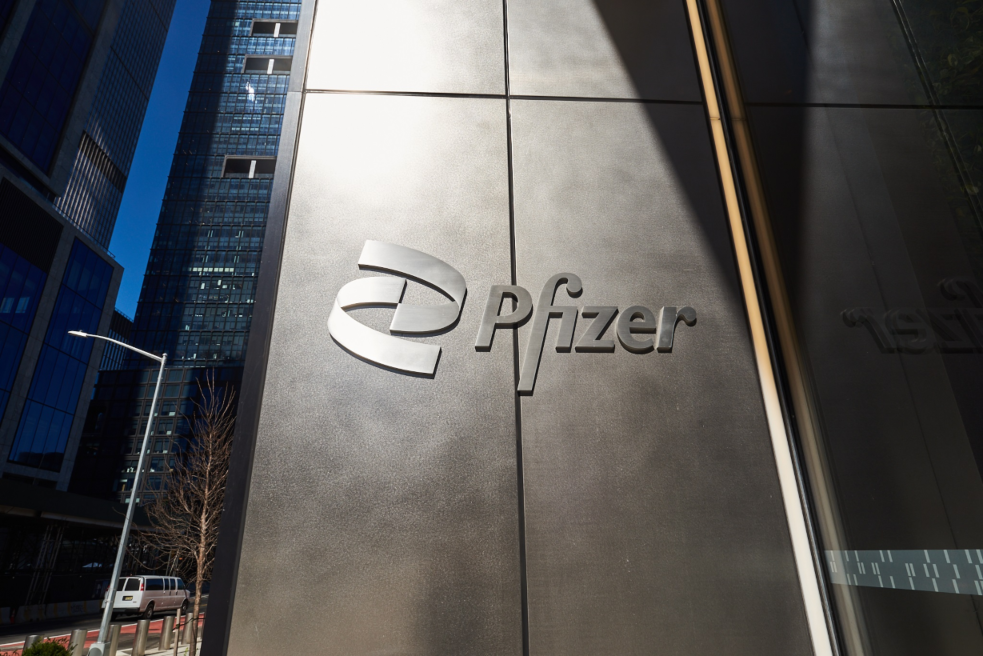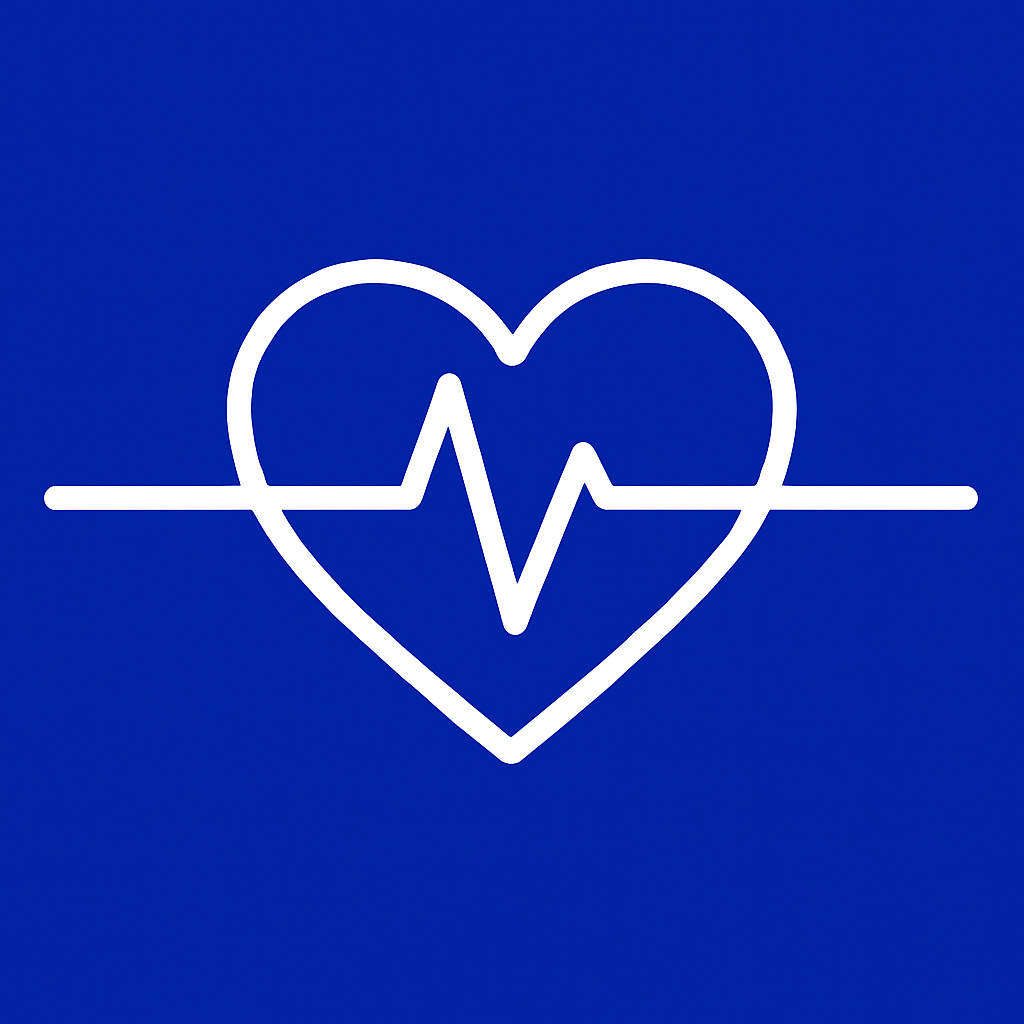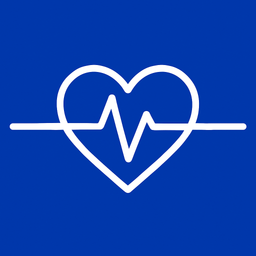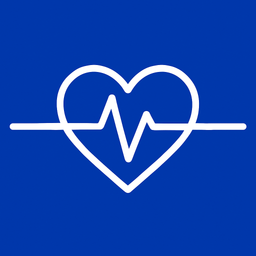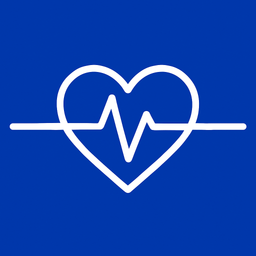Inside EU Health: Record seizure of GLP-1; compulsory licensing regulation; and EU seeks support on intelligence
Record seizure of GLP-1 counterfeit drugs; EU Council approves compulsory licensing regulation; EU seeks support intelligence on pharma
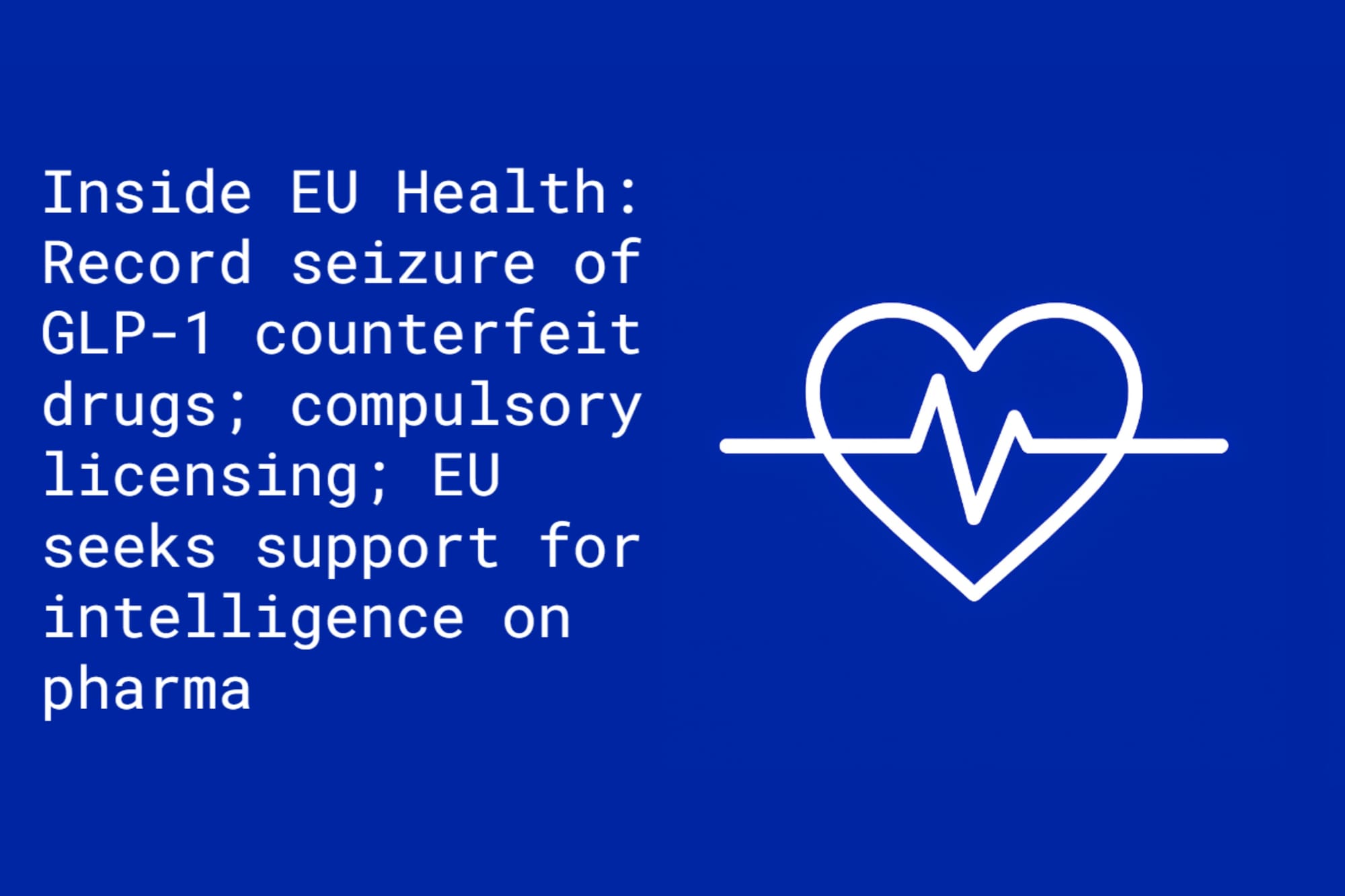
Record seizure of GLP-1 counterfeit drugs: UK authorities have confiscated a record £250,000 worth of counterfeit weight-loss medicines, marking the country’s largest-ever haul of fraudulent GLP-1 drugs. The Medicines and Healthcare products Regulatory Agency (MHRA) Criminal Enfocement Unit found thousands of fake injection pens, raw chemicals, and empty syringes during a raid on a warehouse in Northhampton.
The seizure follows growing concern across Europe about counterfeit GLP-1 drugs such as semaglutide, liraglutide, and tirzepatide flooding online markets. The European Medicines Agency and other regulators have warned consumers that these illegal products may contain harmful or unknown substances, driven by high demand and shortages of legitimate medicines.

EU Council approves compulsory licensing regulation: The Council has given final approval to the EU’s compulsory licensing regulation, which permits the use of certain intellectual property rights, such as patents, without the holder’s consent during a crises to secure essential products like vaccines and protective equipment.
The European Parliament called on the Commission to propose an EU-level compulsory licensing framework in 2021 when concerns arose during the COVID-19 pandemic.
Voluntary patent licensing remains the preferred mechanism for facilitating the swift production of patented products. Still, there may be situations where voluntary licensing is unable to deliver the timely supply of products critical during a crisis. The regulation sees compulsory licensing as a last resort.
The regulation now awaits approval in a European Parliament plenary session and will take effect 20 days after publication in the Official Journal.
EU seeks support for its Business Intelligence team: The European Commission has launched a call for tenders to bolster its recently formed Business Intelligence service in DG GROW. The call has a particular focus on the automotive and pharmaceutical sectors.
The move underscores growing concern in Brussels over the potential economic fallout from recent international policy shifts - especially those originating in the United States.
A hypothetical case study included in the tender envisages a bidder being asked to assess the impact of US government policy announcements “concerning trade but also on other fronts” on Europe’s pharmaceutical industry. The intelligence provider would be asked to assess the risk of relocations, assess their scale, and estimate the timeline for such developments.
Recent US policy moves - such as the pressure on so-called “most-favoured nation pricing” - have raised questions about their ripple effects on Europe.
The deadline for applicants is in December; in the meantime, pharmaceutical companies have been queuing up to avoid “Section 232” tariffs by reaching agreements with the US Department of Commerce on medicine pricing and substantial US investment.

